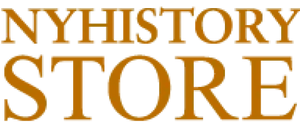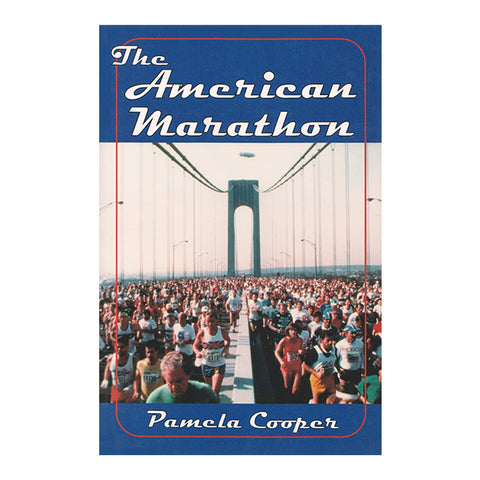Boston established a footrace but New York City created a marathon culture that annually draws tens of thousands of runners to each of the major American events. The American Marathon is the first in-depth study of the marathon as a cultural performance that has as much power to unite communities across lines of race, ethnicity, class, and gender as it does to empower individuals. This book encompasses more than a century, from the fledgling days of the footrace in the 1890s to the popular contemporary marathons that have become corporate-sponsored institutions. Run in New York City in 1896 and continued in Boston for the next ten years, the marathon quickly became the event of the working-class athletes, particularly Irish Americans. Other urban ethnic groups-Italians, Jews, and African Americans who were unwelcome into the elite WASP athletic dubs-formed their own running organizations. Once emblematic of the immigrant experience, the marathon evolved to express middle-class nationalism as these immigrants were being assimilated. During the 1930s the Great Depression restricted footracing, and anti-Semitism left important coaches and runners without access to team support. The New York Pioneer Club, begun in 1936 as an African-American team, brought the tremendous energy of post World War II Harlem to the American marathon of the 1950s. Besides examining the ethnic influence on marathoning, Cooper also explores the impact of the Cold War on this sport, when fitness and endurance became matters of national pride. She shows how the Road Runners Club of America first brought women and large numbers of participant runners into long-distance footraces and, finally, how corporate sponsorship and direct payments to athletes profoundly changed the nature of this once-amateur sport.
- 240 pages
- Paperback
- 6 x 0.7 x 9 inches
- by Pamela Cooper


